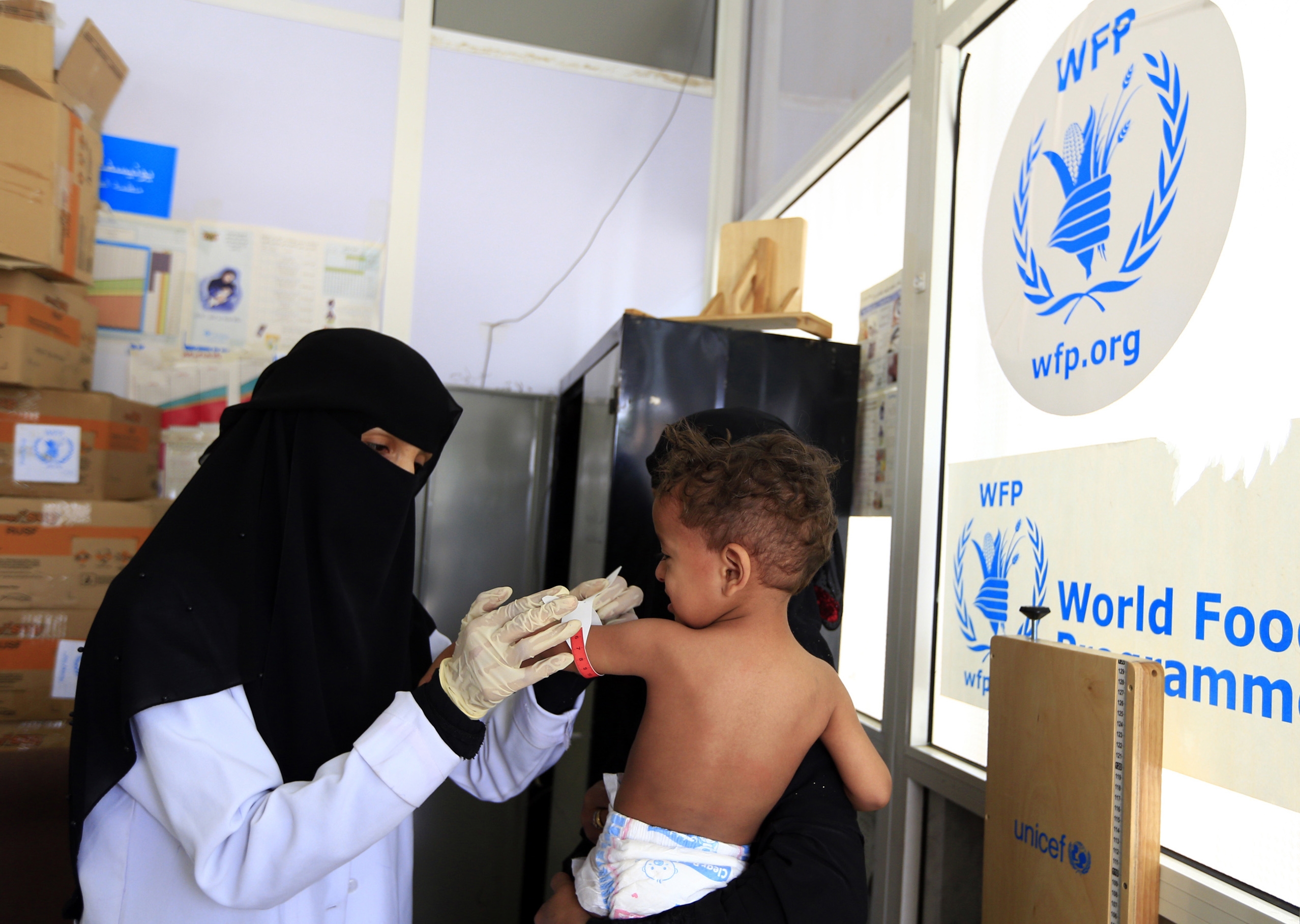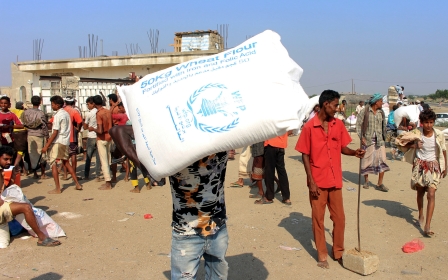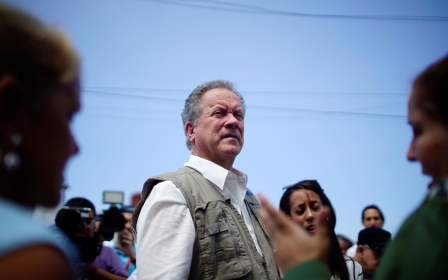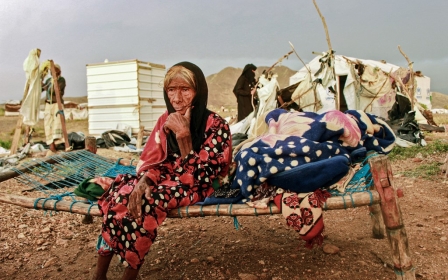World Food Programme wins Nobel Peace Prize

The World Food Programme (WFP) has been awarded the 2020 Nobel Peace Prize for efforts in fighting to end world hunger.
The WFP, a United Nations agency, has been heavily involved in a number of conflict zones across the Middle East, particularly Yemen.
'With this year's award, the Norwegian Nobel Committee wishes to turn the eyes of the world towards the millions of people who suffer from or face the threat of hunger'
- Berit Reiss-Andersen, Nobel committee chairwoman
Nobel committee chairwoman Berit Reiss-Andersen said the organisation was awarded the prize for "its efforts to combat hunger, for its contribution to bettering conditions for peace in conflict-affected areas and for acting as a driving force in efforts to prevent the use of hunger as a weapon of war and conflict".
"With this year's award, the Norwegian Nobel Committee wishes to turn the eyes of the world towards the millions of people who suffer from or face the threat of hunger," she added.
The organisation, founded in 1961, helped 97 million people last year, distributing 15 billion rations to people in 88 countries.
New MEE newsletter: Jerusalem Dispatch
Sign up to get the latest insights and analysis on Israel-Palestine, alongside Turkey Unpacked and other MEE newsletters
Starvation in Yemen
Much of the WFP's work has focused on Yemen, where it has warned that two-thirds of Yemen's 30 million people suffer from food insecurity.
Since 2015, a conflict between the Houthi movement and a Saudi-led coalition backing Yemen's government has cost more than 100,000 lives and pushed the country to the verge of famine.
The UN body tries to feed 13 million people each month in Yemen. However, the WFP last year temporarily suspended deliveries to Houthi-held areas after accusations of diversion of food by the Houthis. Following this, the group dropped a threat to impose a tax on aid.
The coronavirus pandemic has also exacerbated global food insecurity, while the recession caused by the disease could push an additional 83 to 132 million people into hunger, according to a UN report published in July.
"The coronavirus pandemic has contributed to a strong upsurge in the number of victims of hunger in the world," the Nobel committee said.
"In countries such as Yemen, the Democratic Republic of Congo, Nigeria, South Sudan and Burkina Faso, the combination of violent conflict and the pandemic has led to a dramatic rise in the number of people living on the brink of starvation."
Trump aid cuts
The WFP's work in the Palestinian territories has taken a blow in recent years after US President Donald Trump slashed funding to aid agencies working with the Palestinians.
“WFP has been forced, unfortunately, to make drastic cuts to the number of people that we support across Palestine, both in Gaza and the West Bank,” WFP country director Stephen Kearney told Reuters in 2018.
The US cuts affected 40 per cent of total WFP funding, he said. As a result, the WFP had to suspend food assistance to 27,000 people in the West Bank, while food aid to 165,000 people both there and in the Gaza Strip would be reduced by 20 percent from $10 to $8 per person each month.
Trump was also nominated for a Nobel Peace Prize in 2020 - ostensibly over the normalisation deal between the UAE and Israel - but lost out to the WFP. At the time of writing, Trump had yet to respond to news of his loss.
Middle East Eye delivers independent and unrivalled coverage and analysis of the Middle East, North Africa and beyond. To learn more about republishing this content and the associated fees, please fill out this form. More about MEE can be found here.




